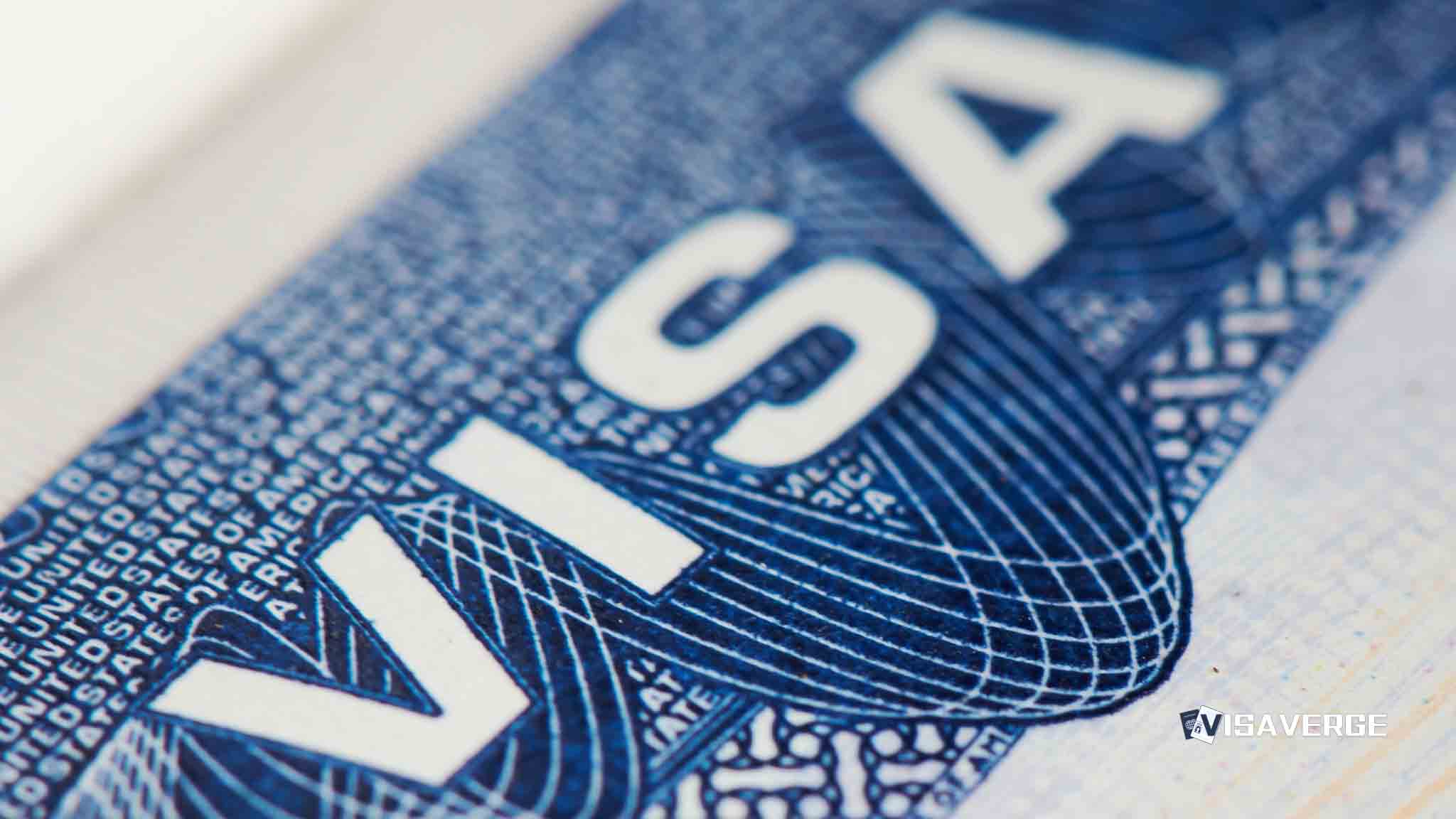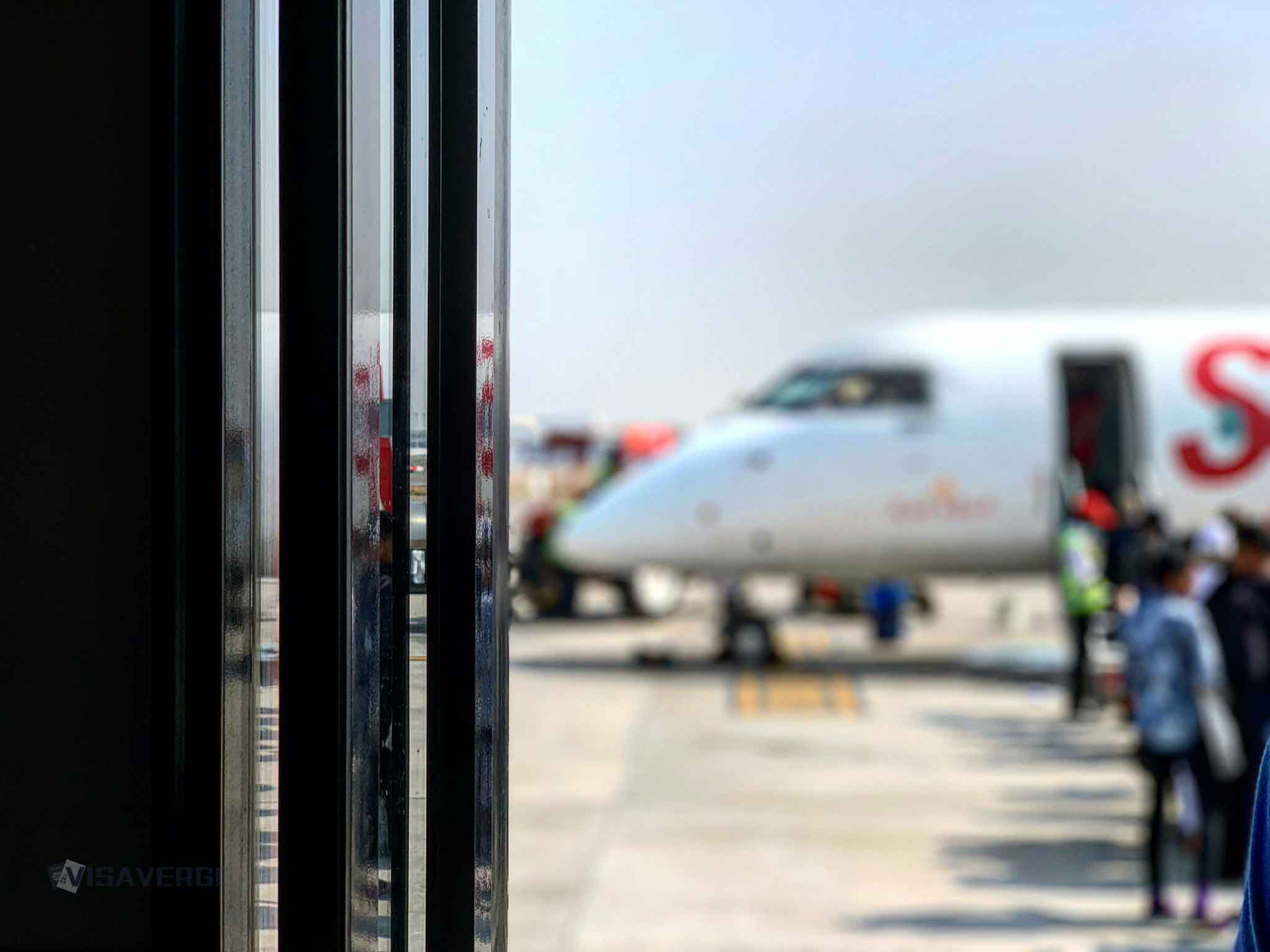Key Takeaways
• Rambhai Patel pleaded guilty on May 20, 2025, to staging armed robberies for U-visa fraud across multiple states.
• Fraudulent schemes involved payments up to $20,000, exploiting the U-visa program’s protections for crime victims.
• Law enforcement increased investigations nationwide; sentencing for Patel is set for August 20, 2025.
Legal Update: U-Visa Fraud Through Staged Armed Robberies – The Case of Rambhai Patel and Its Impact on U.S. Immigration Law
Effective Date:
The guilty plea of Rambhai Patel in a major U-visa fraud case was entered on May 20, 2025. This legal update covers the background, legal implications, and broader consequences of this and similar cases for U.S. immigration law and policy.

Summary of the Legal Update
On May 20, 2025, Rambhai Patel, a 37-year-old Indian national living in New York, pleaded guilty in Boston federal court to conspiracy to commit visa fraud. Patel admitted to organizing a series of staged armed robberies across several states, including Massachusetts, Pennsylvania, Kentucky, and Tennessee. The purpose was to help undocumented immigrants fraudulently obtain U-visas by posing as victims of violent crimes. His sentencing is scheduled for August 20, 2025, and he faces up to five years in prison, a $250,000 fine, supervised release, and possible deportation.
This case is part of a growing trend of U-visa fraud, where criminal groups exploit vulnerabilities in the U-visa program to profit from immigrants desperate for legal status. According to analysis by VisaVerge.com, these schemes are becoming more sophisticated and widespread, prompting increased law enforcement attention and calls for policy reform.
Background and Reasons for the Legal Update
What Is the U-Visa Program?
The U-visa is a special nonimmigrant visa created by Congress in 2000 to encourage undocumented immigrants to report crimes and assist law enforcement without fear of deportation. The program is designed to protect victims of certain serious crimes—such as assault, robbery, or domestic violence—who have suffered physical or mental abuse and are willing to help police or prosecutors investigate or prosecute criminal activity.
Key features of the U-visa program:
– Eligibility: Victims of qualifying crimes who have suffered substantial harm and are helpful to law enforcement.
– Annual Cap: Only 10,000 U-visas are issued each year, leading to long waiting periods (sometimes up to 6 years).
– Benefits: Recipients can live and work legally in the United States and may eventually apply for a green card.
– Protection: Applicants with pending cases may receive work authorization and protection from deportation.
For more details, see the official U Nonimmigrant Status (U Visa) page from USCIS.
Why Is U-Visa Fraud Happening?
The U-visa program’s protections and pathway to legal status make it a target for fraud. Many undocumented immigrants are willing to pay large sums—sometimes up to $20,000—for a chance at legal status. Criminal groups, like the one led by Rambhai Patel, exploit this desperation by staging fake crimes and coaching participants on how to file fraudulent police reports and visa applications.
How the fraud works:
– Criminals stage fake robberies or assaults, often in businesses owned by co-conspirators.
– “Victims” (usually undocumented immigrants) pay to participate and are coached on how to report the crime.
– Police are called after the staged event, and false reports are filed.
– The “victims” then use these reports as evidence to apply for U-visas, claiming to have suffered harm and to be cooperating with law enforcement.
Affected Aspects of U.S. Immigration Law
Laws Involved
The main law affected is the U-visa program under the Victims of Trafficking and Violence Protection Act of 2000. Fraudulent use of this program violates several federal statutes, including:
– Conspiracy to commit visa fraud (18 U.S.C. § 371)
– Visa fraud (18 U.S.C. § 1546)
– False statements to law enforcement (18 U.S.C. § 1001)
How the Law Was Exploited
Rambhai Patel and his accomplices manipulated the system by:
– Staging armed robberies at convenience stores, liquor stores, and fast-food restaurants.
– Using fake firearms and recording the incidents on surveillance cameras.
– Coaching store clerks and “victims” on how to report the crime to police.
– Accepting large payments from immigrants seeking U-visas.
– Compensating store owners for allowing their businesses to be used in the scheme.
At least two U-visa applications have already been submitted based on these staged events, and law enforcement believes there may be more.
Implications for Different Groups
For Undocumented Immigrants
- Risk of Deportation: Those who participate in fraudulent schemes risk criminal charges, denial of immigration benefits, and removal from the United States.
- Loss of Trust: Genuine victims may face increased skepticism from law enforcement and immigration officials, making it harder to get help.
- Financial Exploitation: Immigrants desperate for legal status may lose large sums of money to criminal groups without any guarantee of success.
For Law Enforcement
- Resource Drain: Investigating fake crimes diverts police resources from real emergencies and genuine victims.
- Difficulty in Prosecution: Proving fraud in these cases can be complex, especially when participants are coached to make their stories believable.
- Need for Training: Police and immigration officers may require additional training to spot signs of staged crimes and fraudulent U-visa applications.
For Business Owners
- Legal Liability: Store owners who allow their businesses to be used in these schemes can face criminal charges and loss of business licenses.
- Community Impact: These crimes can damage the reputation of immigrant-owned businesses and erode trust in local communities.
For the U.S. Immigration System
- Program Integrity: Widespread fraud threatens the credibility and effectiveness of the U-visa program.
- Longer Wait Times: Fraudulent applications add to the backlog, making it harder for genuine victims to get help.
- Policy Pressure: Lawmakers may push for stricter rules or limits on the U-visa program, potentially harming those it was meant to protect.
Comparison with Previous Law and Practice
Before the Recent Cases
- Lower Awareness of Fraud: While some fraud existed, law enforcement and immigration authorities were less focused on U-visa abuse.
- Simpler Application Process: The process relied heavily on police certification and victim statements, with less scrutiny of the underlying crime.
- Fewer Safeguards: There were fewer checks to verify the authenticity of reported crimes or the relationship between victims and perpetrators.
After the Rambhai Patel Case
- Increased Scrutiny: Police and immigration officials are now more alert to the possibility of staged crimes and fraudulent applications.
- More Investigations: The FBI and Department of Homeland Security are coordinating efforts across states to identify and prosecute similar schemes.
- Potential Policy Changes: Lawmakers and immigration agencies may consider new safeguards, such as enhanced verification of crime reports and closer review of relationships between applicants and business owners.
Implementation Timeline
- March 2023: Rambhai Patel begins orchestrating staged robberies in Massachusetts and other states.
- 2022–2023: Similar schemes are uncovered in Chicago, Louisiana, and Tennessee, involving multiple individuals and businesses.
- May 20, 2025: Patel pleads guilty in Boston federal court.
- May 22, 2025: Patel’s co-conspirator, identified as Singh, is expected to plead guilty.
- August 20, 2025: Sentencing for Rambhai Patel is scheduled.
- Ongoing: Law enforcement continues to investigate and prosecute U-visa fraud cases nationwide.
Real-World Examples and Scenarios
The Rambhai Patel Scheme
- Pattern: Patel and accomplices targeted small businesses, staged robberies with fake weapons, and coached participants on how to report the crime.
- Payment: One immigrant paid $20,000 to be a “victim” in a staged robbery.
- Business Involvement: Store owners received compensation for allowing their businesses to be used.
- Outcome: At least two fraudulent U-visa applications were filed; more are suspected.
Other Recent Cases
- Connecticut (May 2025): Birenkumar Patel charged with conspiracy for staging a robbery at Monticello EZ Mart to help clerk Laxitkumar Patel, who entered the U.S. illegally in September 2024. Laxitkumar faces charges of filing a false police report and conspiracy, with an immigration hearing scheduled this month.
- Chicago (Early 2025): Six individuals indicted for staging robberies at multiple businesses to support fraudulent U-visa applications. Payments and coordination across state lines show the scale of these operations.
Official Government Resources
For those seeking accurate information about the U-visa program, eligibility, and application procedures, refer to the official USCIS U Visa page.
If you are a victim of a crime and wish to apply for a U-visa, you must submit Form I-918, Petition for U Nonimmigrant Status. The latest version and instructions are available directly from USCIS Form I-918.
Practical Guidance and Next Steps
For Immigrants:
– Do not participate in fraudulent schemes. Filing a false police report or submitting a fraudulent U-visa application is a serious crime that can lead to jail time, fines, and deportation.
– Seek legal help. If you are a genuine victim of a crime, consult a qualified immigration attorney or a recognized nonprofit for guidance on your options.
– Report fraud. If you are approached by someone offering to stage a crime for immigration benefits, report it to law enforcement or the Department of Homeland Security.
For Business Owners:
– Do not allow your business to be used for illegal activities. Participation in fraud can result in criminal charges and loss of your business.
– Educate employees. Make sure your staff knows the risks and legal consequences of participating in or facilitating staged crimes.
For Law Enforcement and Policymakers:
– Increase training. Officers should be trained to spot signs of staged crimes and fraudulent U-visa applications.
– Strengthen verification. Consider additional safeguards, such as cross-checking crime reports and reviewing relationships between applicants and business owners.
– Protect genuine victims. Ensure that measures to prevent fraud do not harm those who truly need protection and assistance.
Conclusion
The case of Rambhai Patel and the broader trend of U-visa fraud through staged armed robberies represent a serious challenge for U.S. immigration policy. While the U-visa program remains a vital tool for protecting crime victims and encouraging cooperation with law enforcement, its exploitation by criminal groups threatens its integrity and effectiveness.
Law enforcement agencies are responding with increased investigations and prosecutions, and policymakers may soon consider reforms to strengthen safeguards against fraud. For immigrants, business owners, and community leaders, the message is clear: participation in fraudulent schemes carries severe consequences, and only genuine victims should seek relief through the U-visa program.
For more in-depth analysis and updates on immigration law and policy, VisaVerge.com reports that staying informed and seeking reputable legal advice is the best way to protect yourself and your community.
Key Takeaways:
– Rambhai Patel pleaded guilty to organizing staged armed robberies for U-visa fraud.
– The scheme exploited vulnerabilities in the U-visa program, costing immigrants up to $20,000 per fraudulent application.
– Law enforcement is increasing efforts to detect and prosecute similar cases nationwide.
– Genuine victims should use official resources and avoid fraudulent schemes.
– Policy changes may be on the horizon to protect the integrity of the U-visa program.
Stay informed, act responsibly, and always use official channels when seeking immigration benefits.
Learn Today
U-visa → A special visa for victims of certain crimes who assist law enforcement and face deportation risks.
Visa Fraud → Illegal acts involving false information to gain immigration benefits or visas unlawfully.
Conspiracy → An agreement between two or more parties to commit an illegal act together.
False Police Report → Filing a deliberately untrue statement about a crime to mislead law enforcement.
Supervised Release → A court-ordered period of monitoring following a prison sentence for compliance with legal conditions.
This Article in a Nutshell
The Rambhai Patel case reveals growing U-visa fraud through staged armed robberies. Criminals exploit vulnerable immigrants seeking legal status, costing up to $20,000 per victim. Authorities boost enforcement efforts nationwide, aiming to safeguard genuine victims and maintain the program’s integrity amid increasing sophisticated schemes and widespread abuse.
— By VisaVerge.com
Read more:
• Afghan visa fraud cases surface in Pakistan and US this May
• Tata Consultancy wins dismissal of H-1B visa fraud lawsuit in US
• NRI property fraud cases face tougher scrutiny by Punjab and Haryana High Court
• Asylum Seekers Rarely Commit Fraud, Data Reveals
• Neha Sharma admits $2 million fraud against Ministry for Children







